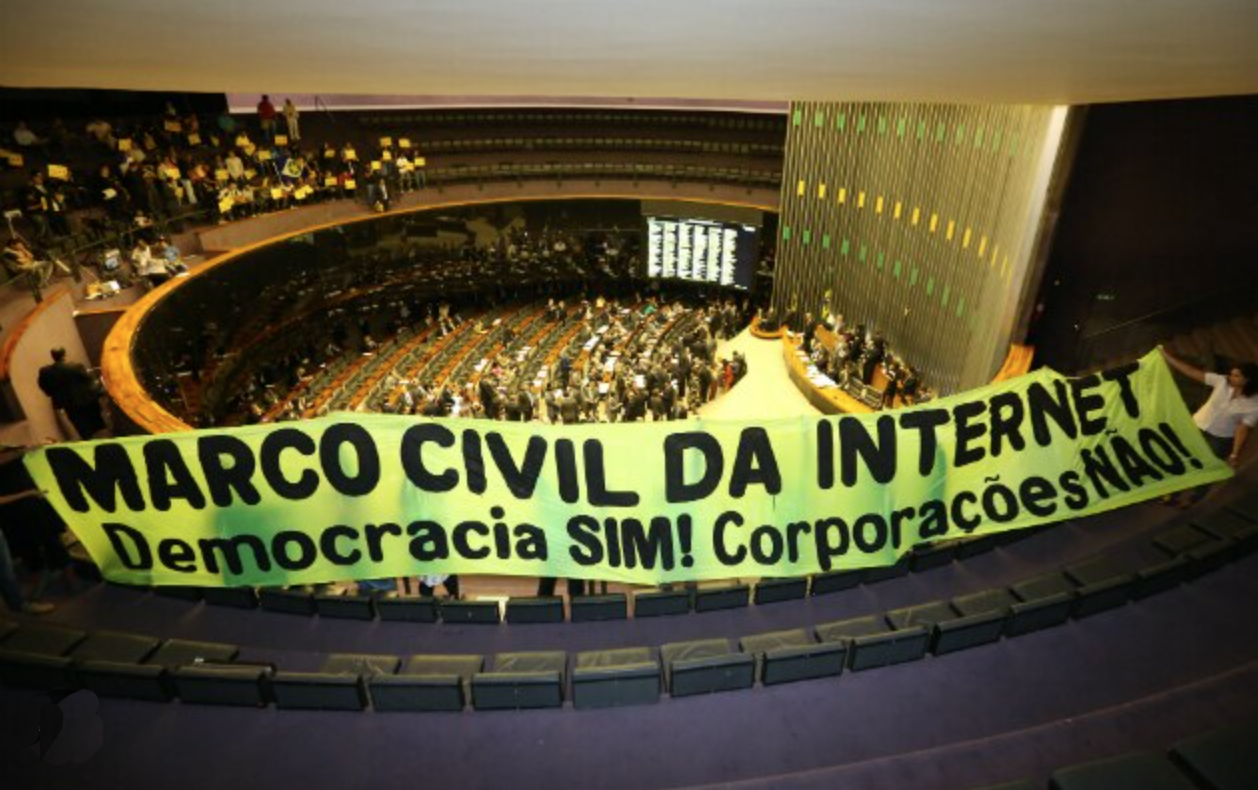During the brief golden age of the Internet, at the turn of the century, the intellectual Pierre Lévy became famous with books inciting a kind of technoliberal utopia, which was projected by the potentialities of the new virtual world. Terms such as “collective intelligence”, “electronic democracy” and “universes of choice” were part of his ideology of cyberculture, whose human substratum would be in the “virtual communities” formed by people interconnected in a network.
The examples Lévy lists to illustrate these virtual communities are prosaic: “Fans of Mexican cuisine, Angora cat lovers, fans of a particular programming language or passionate readers of Heidegger, once scattered all over the planet, now have a familiar place to meet and discuss”. It is curious that, of all the pantheon of philosophy, the frivolous choice (pun intended) fell on a German thinker who made no secret of his sympathy for anti-Semitism and the Nazi party, of which Heidegger was a member.
If the philosopher were alive, he would have no shortage of virtual communities to chat with his contemporaries: as we know, the cyberculture of the 2020s is full of fascist groups, misogynists, homophobes, racists, scammers and people who use digital networks to share hatred, anger and bile. Hate is a powerful sentiment, generating identification with those who share it and indignation with those who do not share it (or, worse, are targeted by it).
Therefore, both on social networks and news websites, hate speech generates engagement (not that old meaning of engagement, which refers to participation in protests, labor struggles, social movements or political parties). On the Internet, engagement is a phenomenon that can be measured by the interaction of network users, which leads to the production of data through clicks, comments, shares and views, which fatten the platforms’ big data.
The corollary of the hypertrophy of hate is the atrophy of reason and reflection. The atrophy of reason, in turn, has historically proven to be an effective method of fertilizing the soil in which individuals and groups with political and economic interests sow lies, fake news and other disinformation tactics.
Like hate, lies also generate engagement on the networks: fake news are shared by those who believe them or by those who circulate them in bad faith and are denied and denounced by those who act in defense of the truth of the facts. Both cases lead to the production of data through clicks, comments, shares and views, thus diluting again the big data of Internet corporations.
Sociologist Shoshana Zuboff uses the term “radical indifference” to refer to the position of the big tech companies in relation to what is liked, clicked or shared on their platforms, and using the hackneyed discourse of technological neutrality to exempt themselves from the content made available by their users.
However, consider the wide circulation on the Internet of hate speech, political disinformation and scientific and environmental denialism, together with the resurgence of anti-vaccine, discriminatory and virtual communities of flat Earth believers that finance the promotion of disinformative content on the networks. This is a practice that generates engagement based on the relevance criteria of the algorithms that organize the information on the platforms, which are created according to the commercial interests of multimillion-dollar corporations. These are facts that, rather than raising doubts, reveal the fallacies about the moral neutrality of the platforms.
At this point, it seems clear why large technology companies such as Alphabet (owner of Google and YouTube), Meta (owner of Facebook, Instagram and WhatsApp) and Twitter want to prevent, at all costs, the approval of Internet Freedom, Accountability and Transparency Act in Brazil, which proposes to regulate digital communication platforms so that we have a healthier, safer and more reliable information ecosystem.
The bill (PL 2630) includes aspects such as the remuneration of musical, audiovisual and journalistic content shared on digital platforms, the use of social networks by children and adolescents, the practice of racism, discrimination, terrorism and attacks against the rule of law, as well as liability (including criminal liability) for the massive propagation of false messages. All these points bring benefits for the big technology companies.
After undergoing some 90 amendments to its original text, the law bill was finally submitted to the House of Representatives. Nevertheless, the day before the vote, the newspaper Folha de S. Paulo published a report with the conclusions of a study by the Laboratory of Internet and Social Media Studies of the Federal University of Rio de Janeiro, which states that Google, Meta, Spotify and Brasil Paralelo were running ads against PL 2630 to negatively influence users’ perception of the bill.
On the same day, many searchers and Google users shared a printout with the phrase “PL2630 may increase confusion about what is true or false in Brazil”, which was on the homepage of the search engine, which contributed to the decision to open an investigation to judge the company’s conduct. The goal of the big technology companies was achieved, though: under pressure from Google, Meta, TikTok and the right-wing opposition (with strong representation of the evangelical bench), the House decided to postpone the vote indefinitely.
Google’s position in this case is reminiscent of the Cambridge Analytica scandal which used data from millions of Facebook users to manipulate the outcome of Donald Trump’s election and Brexit in 2016. The case led to Mark Zuckerberg being forced to undergo a sabbatical of more than 600 questions in about ten hours of testimony in Washington. As for the subpoenas he received from the British Parliament, the owner of Facebook, in metaphorical terms, only showed the finger to the British, and it was not the thumb of the famous “Thumbs Up” of the blue network.
Zuckerberg’s insolence in ignoring subpoenas led the British Parliament to state in a 2019 report on disinformation that “companies like Facebook should not behave like ‘digital gangsters’ in the online world, considering themselves ahead of and beyond the law.” The same should go for Elon Musk’s Twitter, Larry Page and Sergey Brin’s Google and any CEO or company that believes themselves to be the alpha and omega of the digital universe.
*Translated from Spanish by Micaela Machado Rodrigues













